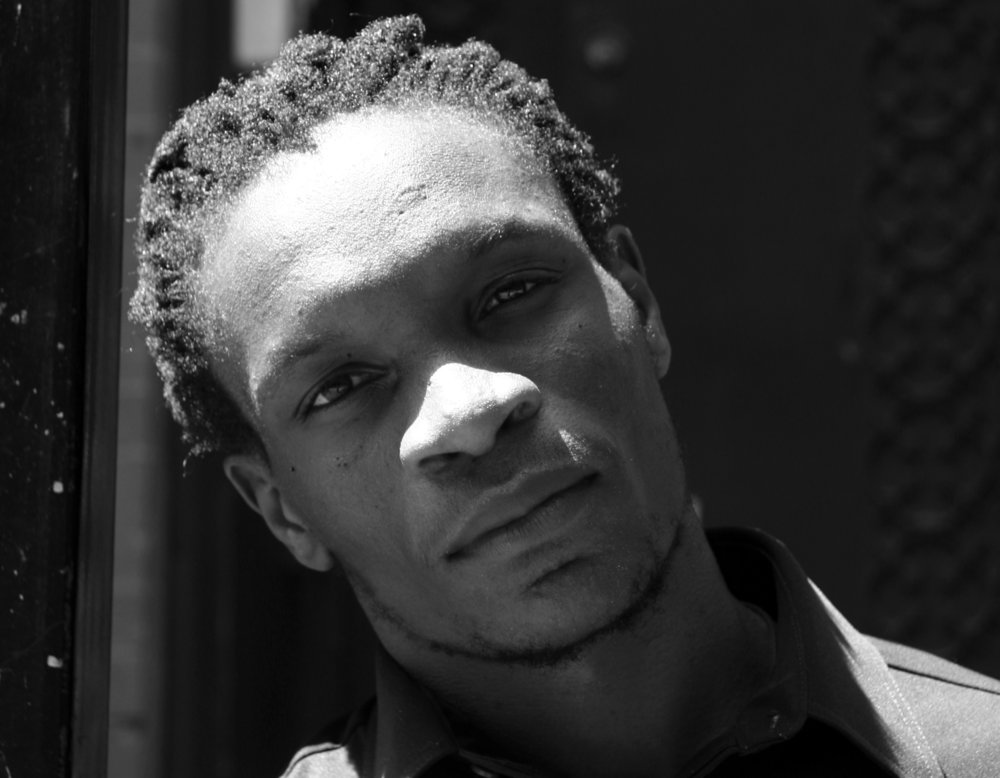
Last Bastille Day, at the Bastille, Ishion Hutchinson and I met in the back of the Cafe des Phares. What better place, I thought, for someone devoted to storming a prison of a different sort: in his words, the “metaphysical prison”of colonial reality. Our discussion centered on “The Orator”, a poem of his in which the narrator attends a fancy New York lecture about Jamaica, his home. Masked by anonymity, the Orator is free to speak truth. He is also, however, hostage to the presumption of power implied by the lectern he stands behind. So, the Orator lays claim to a dual identity: representative of truth and propagator of dominance—just like, as Hutchinson reminded me, Caliban, who speaks both the language of the island and of his captors. “We are all Calibans in the Caribbean,” he said.
Eventually we moved to Milton, with whom, Hutchinson tenderly observed, he shares “an abiding critical animus when it comes to taking up the mantle of the civic duty one has to uphold.” No more proof of this is necessary than Hutchinson’s most recent collection, House of Lords and Commons, for which he earned both the National Book Critics Circle Award and Rome Prize. The collection’s title itself is a nod to civic duty, recontextualized from Milton’s Areopagitica, an open letter in defense of a free press to the Parliament of 1640s Britain, or, as Milton addresses his audience, “the House of Lords and Commons.” The same “House” would only a decade later be responsible for the colonization of Jamaica, and the eventual historical and linguistic circumstances in which Hutchinson is placed and about which he writes.
Ishion Hutchinson was born in Port Antonio, Jamaica. He grew up, odd as it seemed, scribbling down his thoughts. His writing was encouraged by those around him from boyhood on through his time studying English at the University of the West Indies. Near graduation, a friend mentioned the “MFA”—school just to study poetry. The idea struck him as wonderfully absurd. After receiving his MFA from New York University, he continued graduate work at the University of Utah. Far District, his first collection, won the PEN/Joyce Osterweil Award for Poetry in 2010. Later, in 2013, he received the Whiting Writers Award and the Larry Levis Prize. Amidst all of this, though, he insists: “I just write poems.”
Hutchinson and I reconvened in late August at Cornell University, his “personal, wintery purgatory,” where he teaches. His office is cluttered with Ankara prints and precariously stacked books. We spoke about the poet’s charge to dismantle a history corrupted by colonial intrusion.
...
You have reached your article limit
Sign up for a digital subscription and continue reading all new issues, plus our entire archives, for just $1.50/month.
Already a subscriber? Sign in




